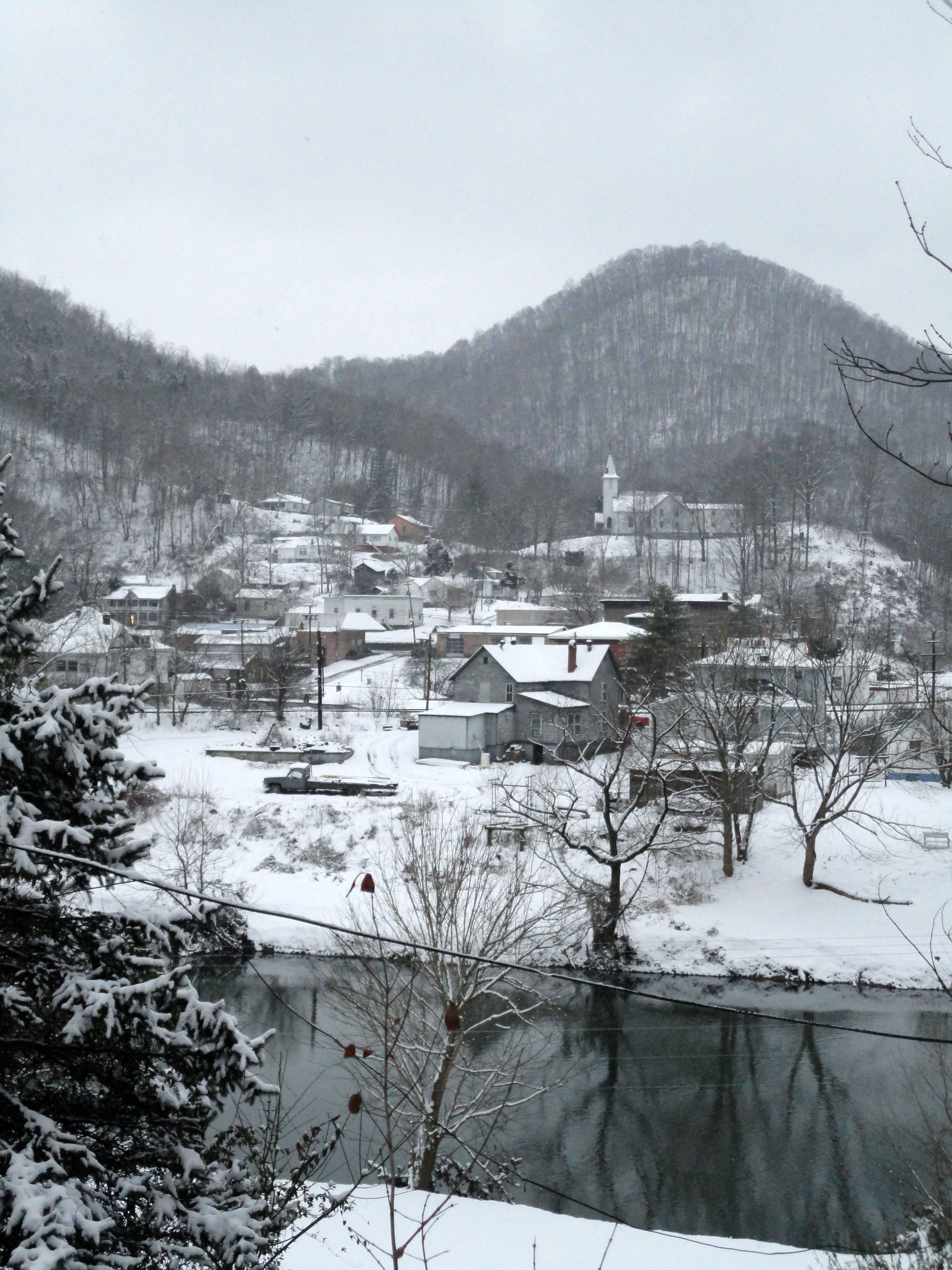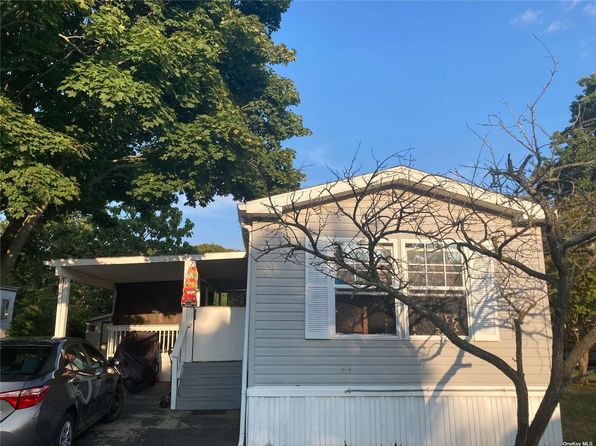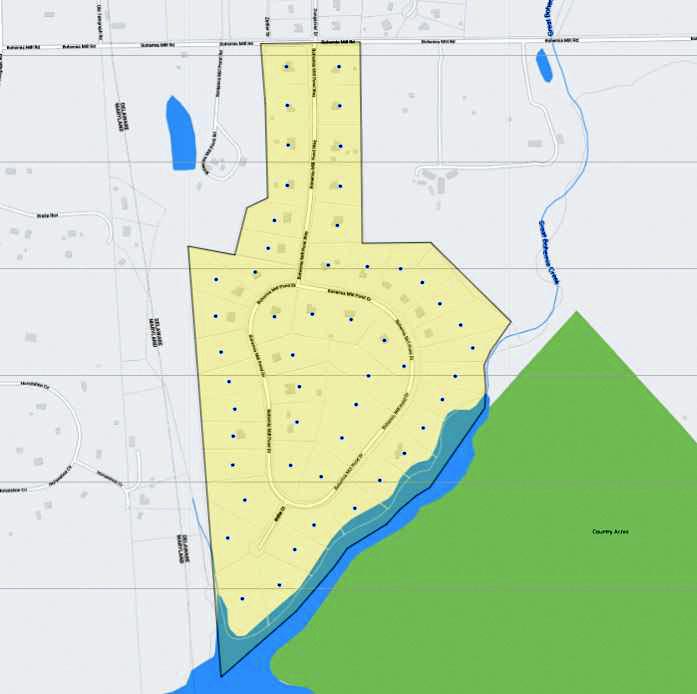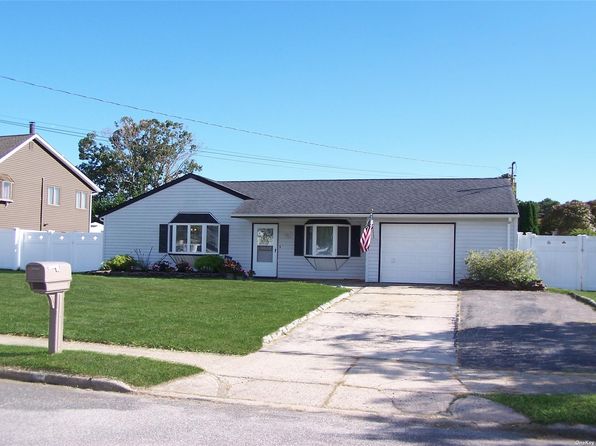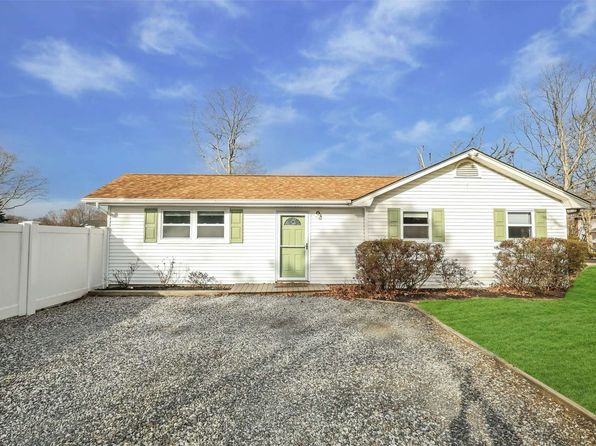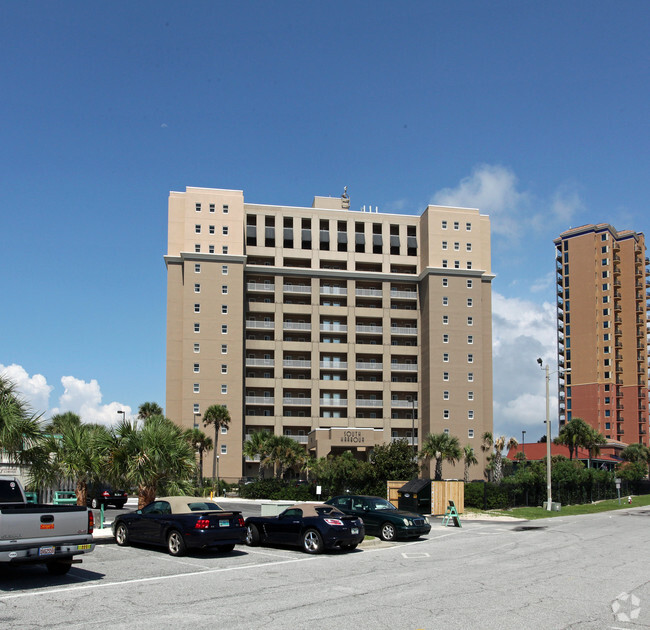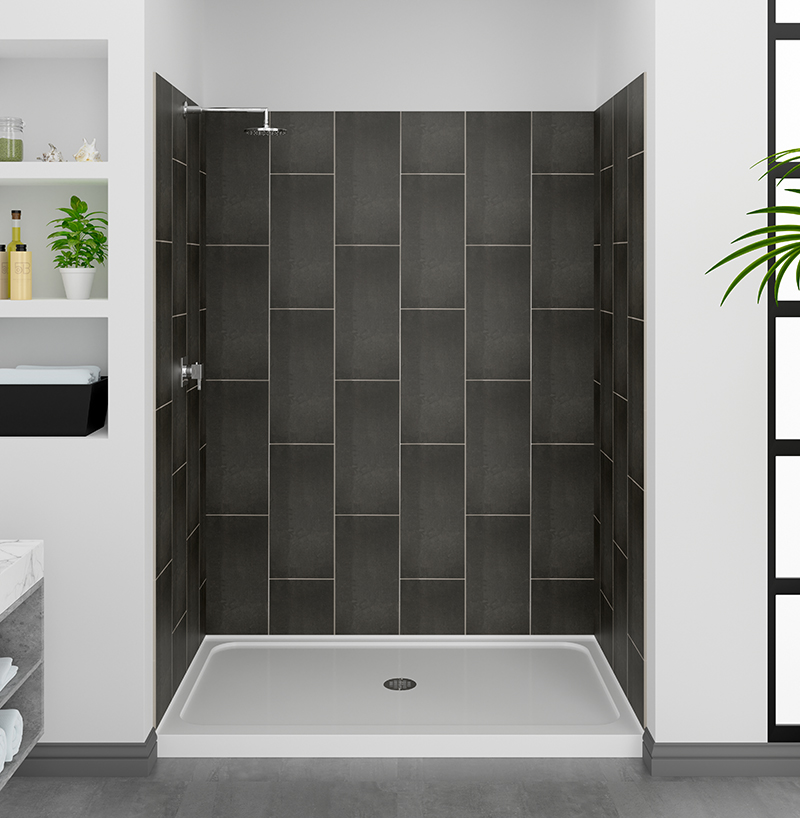Table of Content
What is the difference between an RV Park and a mobile home and which is a more profitable business to invest in?
Energy efficiency isn’t the only way that you’ll save money by living in a mobile home. Mobile homes are also much cheaper to insure than traditional houses. This is because they’re less likely to be damaged in a natural disaster or another event.
Fifth Wheel Trailer
RVParkStore is the best place for RV park investors, owners and travelers to find RV resort, marina and campground sale listings, information and resources. Mobile homes are best for families that would like to stay in a specific location for longer periods of time, with the option of moving anytime they feel the need to. Today’s house hunters are younger, more open, and value space more than anything else. It is the reason why an open concept floor plan is one of the most wanted features in a manufactured home. Triple-wide as well as four, five, or more units are manufactured but are less common. Larger homes are not designed to be as mobile and are usually made to be fitted to a specific lot; so, becoming quite like a regular house.
The term RV generally serves as an umbrella term for any motorized vehicle with a living space’s basic amenities. They include popup campers, fifth-wheel trailers, and other mobile homes. With a mobile home park, the manager will typically see the residents of each space only once per month when the rent is paid and anytime there is a problem.
RV vs. Mobile Home: What’s the Difference?
They usually have one or more sleeping areas, a small kitchen, and a bathroom. Some Class B motorhomes also have a small living area with a couch or dinette. RVs are best for people who really enjoy traveling and who want to be on the move always. It is an extremely mobile option that can still provide adequate amenities for a comfortable living situation while on the road. Modern designs of mobile homes have become so large that you can consider them as permanent housing; hence, their registration to the Department of Housing and Community Development.
A mobile home is a prefabricated structure, built in a factory on a permanent chassis and designed to be transported to its final destination. Mobile homes are also known as manufactured homes or trailer homes. They’re designed to be driven long distances and can be parked at an RV park or campground overnight. Mobile homes, on the other hand, are designed as permanent residences or vacation homes. They’re typically parked in one location and don’t have the capability to be driven long distances.
Truck Camper
This type of layout is perfect for families who want to spend time together. Another benefit is that they’re often located in beautiful settings. Many people choose to live in mobile homes so that they can enjoy the outdoors without having to deal with the hassle and expense of maintaining a traditional house. Another difference is that mobile homes must be connected to utilities like water and electricity, while most RVs have these utilities built in. This means that if you want to live in a mobile home full-time, you’ll need to find a spot where you can hook up to these utilities. RV stands for “recreational vehicle.” Mobile homes are a type of RV.

At the start of the 1950s, it began to be marketed as an alternative housing solution that you can permanently install or easily move when needed. This one goes by many names – folding camper, tent camper, camper trailer, or tent trailer. As all these names suggest, this RV type is best for camping as it is very lightweight. The bunks and tent walls are collapsible and can be used for towing or storage. In Canada and the USA, the differentiating characteristic of a Class B motorhome is its chassis since it depends on the manufacturer.
If you’re considering buying a mobile home, it’s important to weigh the pros and cons carefully to decide if it’s the right choice for you. Mobile homes can be a great option for retirees or people who want to downsize, but they’re not right for everyone. First, as we mentioned before, mobile homes are built in factories to strict HUD Code standards. This means they’re typically made of stronger materials than RVs, making them more durable and weather-resistant. One of the main reasons people choose mobile homes is because of the open floor plan.
Park model RVs are also closely regulated by the American National Standards Institute . They must comply with the A119.5 Park Model Recreational Vehicle Standard. So even if you feel like making your own park model from a shed or other base, there are a lot of standards you have to meet.
A mobile home, on the other hand, is a permanently affixed structure that must be transported on its own wheels. Finally, mobile homes may be permanently installed on the ground, making them perfect for year-round living. And since they don’t have wheels, they’re much more stable than RVs in high winds and on uneven terrain.

This is because mobile homes are designed to be more energy efficient than traditional houses. Teardrop trailers are typically smaller and more lightweight than travel trailers, making them easier to tow and maneuver. They’re also usually less expensive than travel trailers. If you’re looking for a more minimalist camping experience, a teardrop trailer might be the way to go. Class Cs usually have a cab-over section where you’ll find extra sleeping space or storage.
In 1976 regulations went into effect and the name ‘mobile’ was changed again. Another disadvantage is that you may not have as much space as you would in a traditional home. Mobile homes are typically smaller than houses, so if you have a large family or lots of belongings, it might not be the best option for you. Additionally, because they’re often located in mobile home parks, you might have to pay rent for the land your home is on.
Mobile homes are erected in a factory and then moved to their permanent site. RVs, on the other hand, are built on a chassis and designed to be driven from one destination to another. Class B motorhomes are built on a van chassis and range in length from 16 feet to 25 feet.
If you’re looking for a temporary living situation or want the freedom to travel, an RV is a good option. If you need a more permanent solution or want to stay in one place for a while, a mobile home is a better choice. RVs tend to be smaller than mobile homes and have less storage space. They also don’t have as many amenities as mobile homes, such as kitchen appliances and full bathrooms. RVs are typically not as energy efficient as mobile homes because they have less insulation. A trailer is a vehicle that can be towed behind a car or truck and is used for camping or travel.




